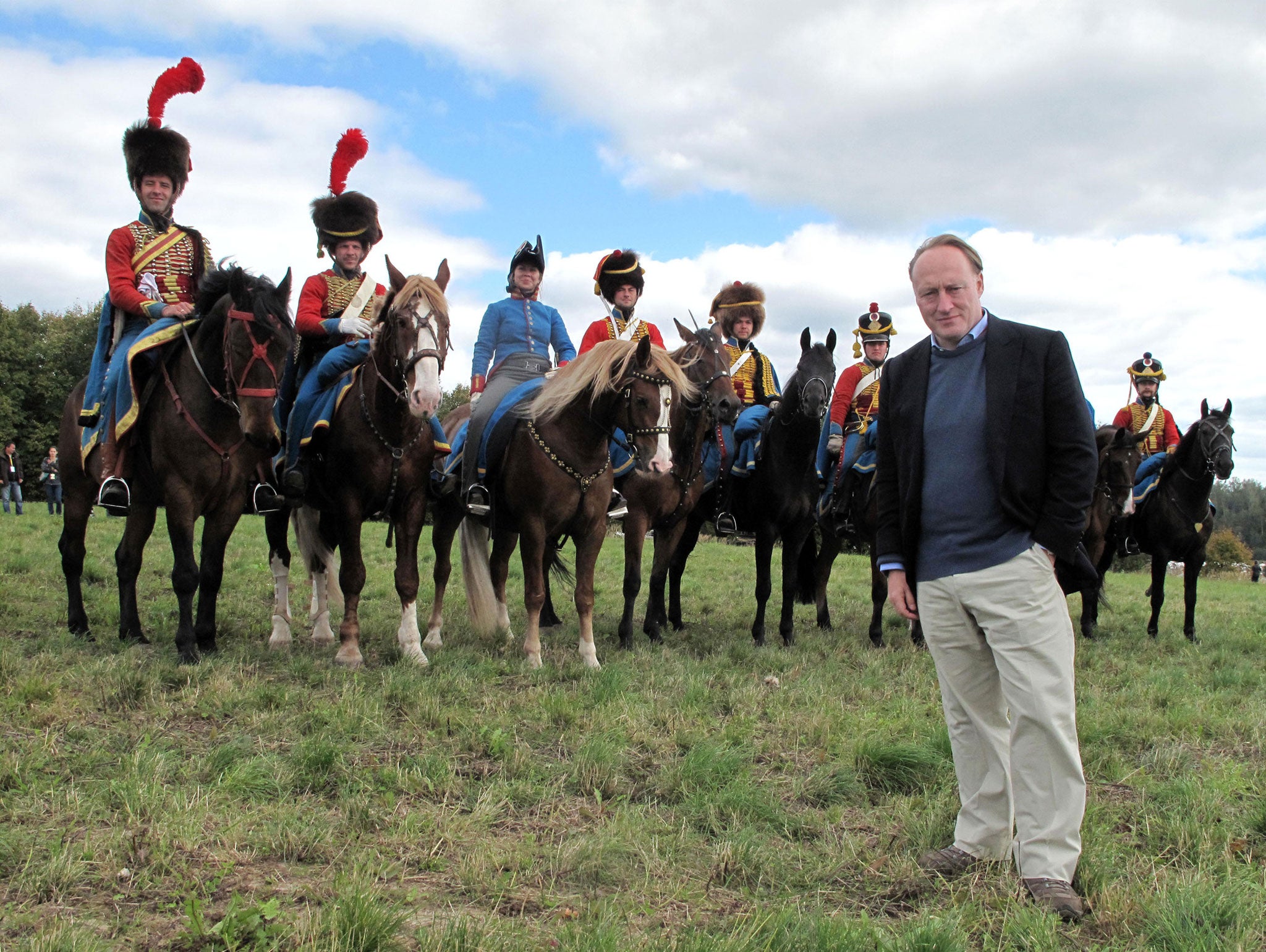Napoleon, TV review: Historian Andrew Roberts is unapologetic in his admiration of the Little Corporal
This first episode in the BBC's three-parter was absorbing, but at times uncomfortably ingratiating

"He's been a hero since I was 10," said historian Andrew Roberts at the start of Napoleon, a three-parter based on his reassessment of French military and political leader.
He started as he meant to go on. Throughout this absorbing, but at times uncomfortably ingratiating, documentary he was unapologetic in his admiration of the Little Corporal. He cast Napoleon as a gifted military tactician and charismatic leader whose acts, viewed as ruthless by many, were necessary inevitabilities to secure the future of modern France.
Roberts was a thorough and convincing scholar. His revisionist view, which was evident in his book Napoleon the Great, was presented through excerpts from contemporary correspondence and pictorial recordings of the time, alongside revisiting the scenes of the key battles. He revelled in the sauciness of Napoleon's love letters to his wife, Josephine, a relationship history has judged as a great love affair but one Roberts convinced was one full of insecurities.
The presenter put a lot of himself at the centre. There he was at his desk, sitting on the sofa, patrician vowels and slightly oily persona. Napoleon's success, he told us was a "triumph of the strivers, led by the greatest striver of them all".
He banged the drum like the most determined and confident candidate on the campaign trail. Not that a presenter should get in the way of a solid history documentary, of course.
Join our commenting forum
Join thought-provoking conversations, follow other Independent readers and see their replies
Comments
Bookmark popover
Removed from bookmarks